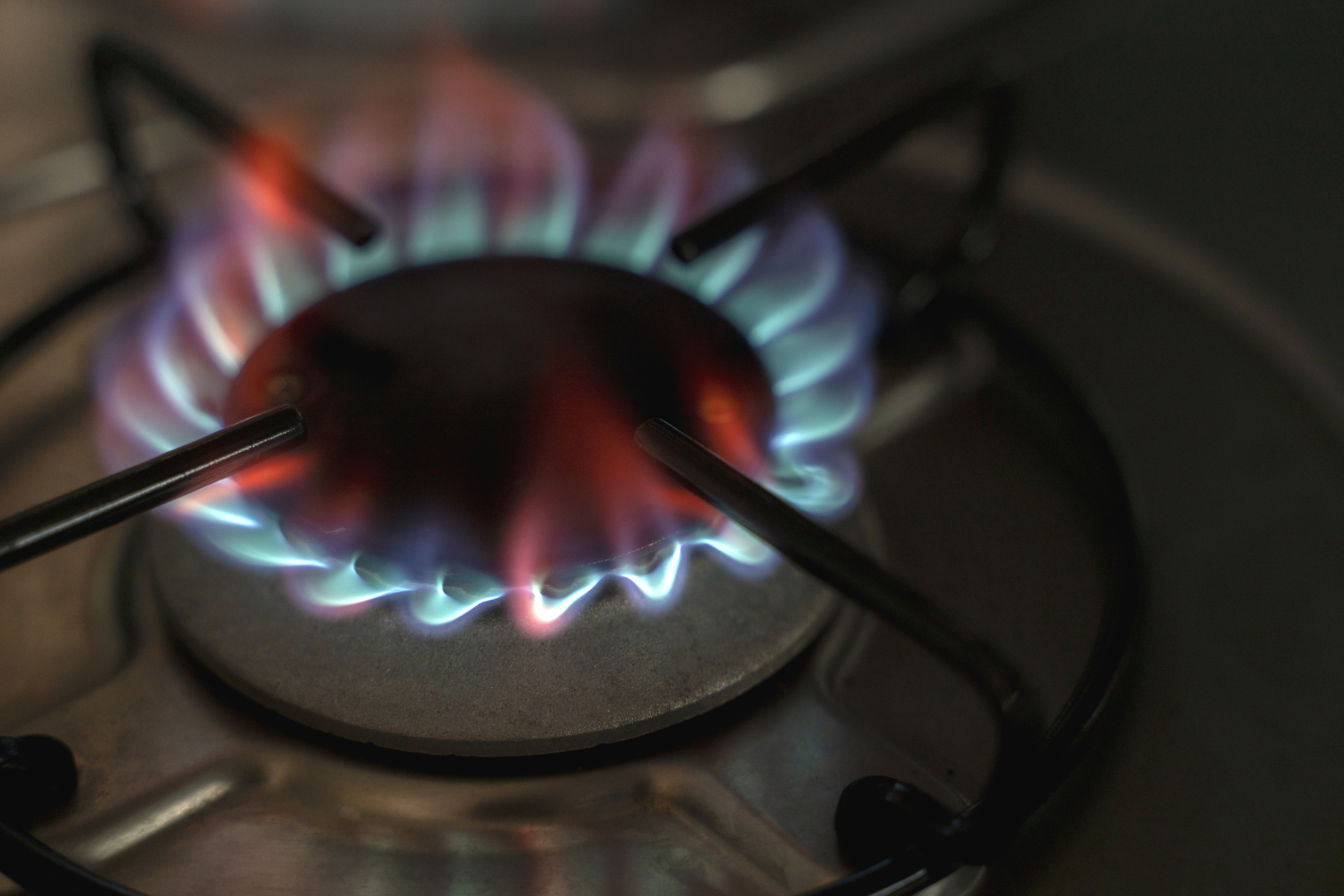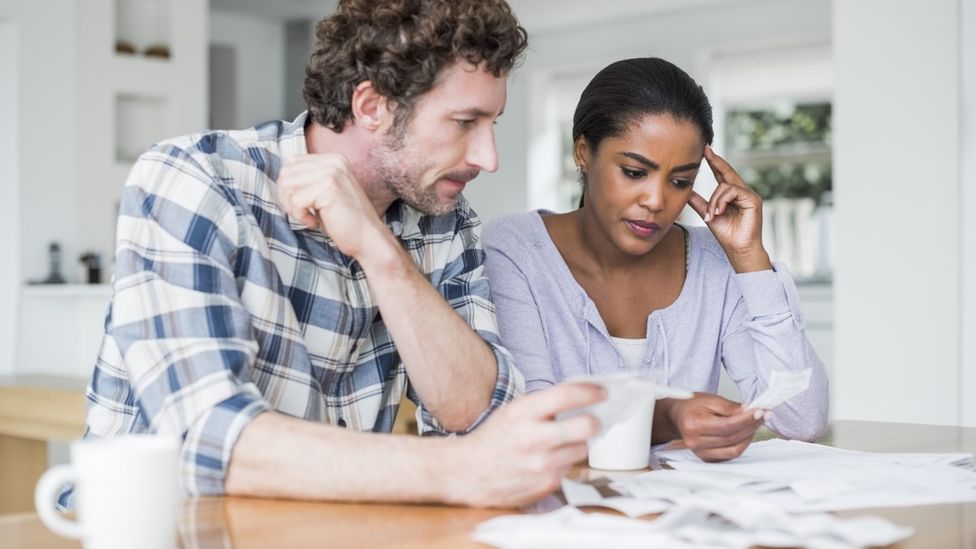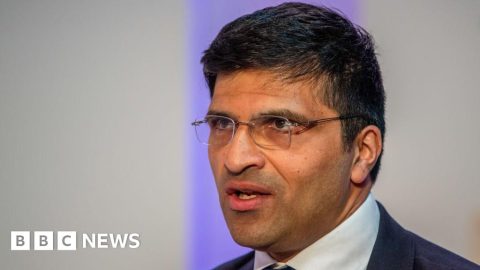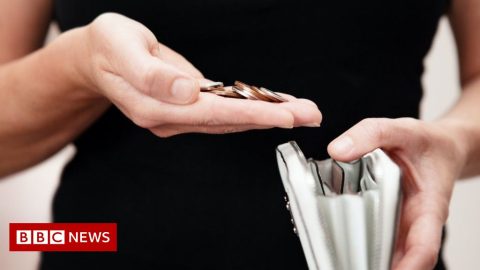By Simon Read & Dearbail Jordan
Personal finance reporter, BBC News
Householders face a large rise in energy bills next month – as well as the possibility their supplier could go bust.
This is because there’s been a massive rise in the price energy suppliers pay for gas – up 250% this year.
What is the energy price cap and why are bills going up?
About 15 million households in England, Wales and Scotland face a 12% rise in their energy bills from October.
This is because a higher energy cap is due to come into force in England, Scotland and Wales. The energy cap is the maximum price suppliers can charge customers on a standard – or default – tariff.
Suppliers will be able to put prices up to the new maximum and – given the rise in gas prices – they probably will.
- Those on standard tariffs could see an increase of £139, from £1,138 to £1,277 a year
- People with pre-payment meters could see an increase of £153, from £1,156 to £1,309
- Households on fixed tariffs will be unaffected, but those coming to the end of a contract will probably be unable to find a cheap deal to replace it
In Northern Ireland, which is a separate market with two suppliers, prices will also rise next month – by 21.8% (SSE) and 35% (firmus).
Why are gas prices so high?
There’s been a worldwide squeeze on gas and energy supplies.
The reasons include:
This has contributed rising gas prices in the UK, Europe and Asia.
Since January, it has risen 250%. From August alone, it has soared 70%.
Gas prices are rising across Europe but there are reasons why energy bills are hitting Great Britain particularly badly:
Which energy suppliers are going bust?
In September alone, four small energy suppliers – Money Plus, Utility Point, People’s Energy and PFP – stopped trading.
There are fears more firms will go bust in the coming days.
This is because they have not been able to pass on the higher prices they pay for gas to customers.
What happens if my supplier goes bust?
If your energy provider collapses, you will not stop receiving gas and electricity.
Your account will be moved to a new supplier by energy regulator Ofgem – although this may take a few weeks.
Unfortunately, you may end up on a more expensive tariff if you are switched to a new supplier.
Is there anything else I should do?
Citizens Advice recommends making a note or taking a photo of your meter reading and downloading any bills while you wait for your new supplier to contact you.
There is no need to cancel any direct debits straight away, says Citizens Advice. Instead you can wait for your new account to be set up before cancelling the existing payment.
If you are in credit, your money is protected and you’ll be paid back. If you were in debt to the old supplier, you’ll still have to pay the money back. The new supplier will contact you to arrange a payment.
Will I still be able to find a cheap deal?
This is unlikely at the moment.
The price comparison site Compare The Market has paused its energy switching service, and other similar sites are offering far fewer deals for customers thinking of switching.

Getty images
-
11 millionUK households on standard tariff
-
4 millionhouseholds on prepayment meters
-
13 million households on fixed rate tariffs
Source: Ofgem / BBC research
Citizens Advice has a useful guide to choosing the right tariff.
If your supplier goes bust, it says you should wait until Ofgem switches you to a new tariff before looking for a better deal – otherwise you may find it harder to reclaim any money you’re owed.
Ofgem also sets out the steps you should take to switch energy supplier and shop for a better deal.
How have you been affected by issues raised in this article? You can share your experience by emailing haveyoursay@bbc.co.uk.
Please include a contact number if you are willing to speak to a BBC journalist. You can also get in touch in the following ways:
If you are reading this page and can’t see the form you will need to visit the mobile version of the BBC website to submit your question or comment or you can email us at HaveYourSay@bbc.co.uk. Please include your name, age and location with any submission.










Recent Comments